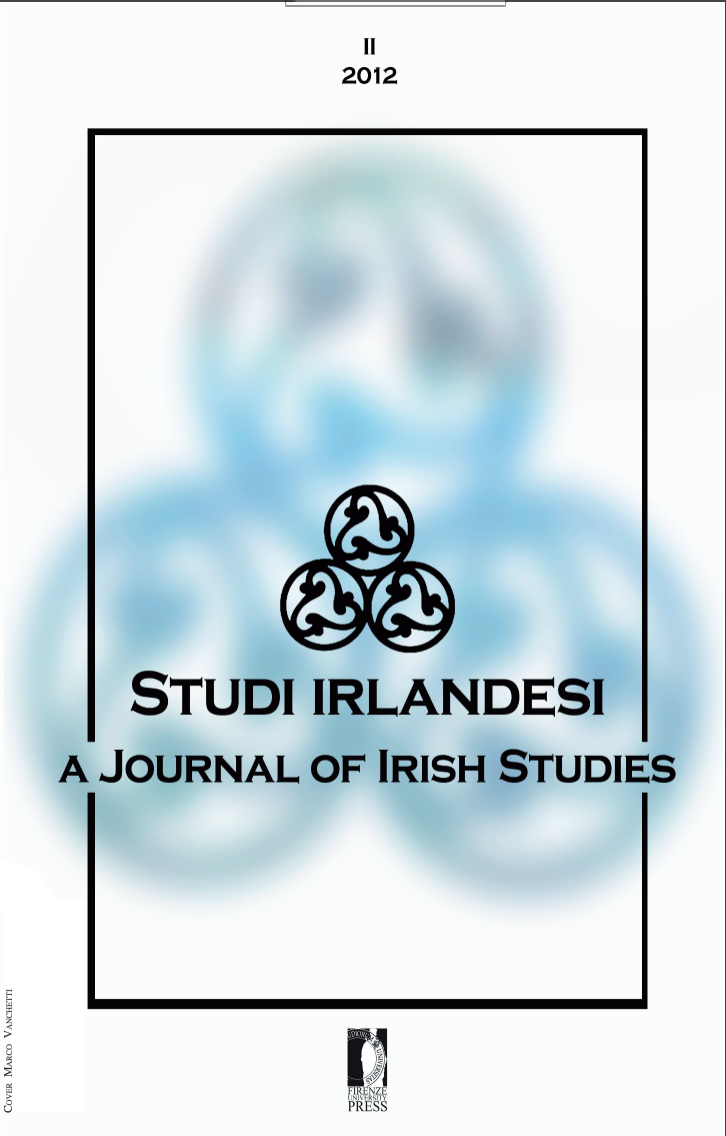Abstract
In this article I approach some of Yeats’s later dance plays, written under the influence of the Japanese Nō drama, by asking and answering the following questions: What did Yeats think he was doing when in February 1916 he began drafting At the Hawk’s Well, the first play written after he had been introduced to the Nō and the first of his Four Plays for Dancers (1921)? How and what did Yeats learn about the Nō? How did he explain the attraction that the Nō had for him and how does this explanation relate to his earlier writings on drama and theatre? How can the plays he wrote before Four Plays for Dancers be seen as preparations for his encounter with the Nō? Apart from At the Hawk’s Well (1917), I consider The Dreaming of the Bones (1919) and The Death of Cuchulain (1939); I also pay attention to the role played by Ezra Pound in shaping Yeats’s plays and his ideas about the Nō.


